Read Arabic to develop proficiency in the language
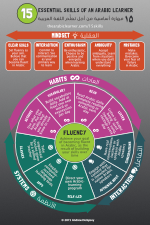 Read Arabic daily, and push yourself to complete reading something in Arabic every day. Reading is foundational to enriching your vocabulary and engraining Arabic structures and styles of discourse into your thinking. It is not difficult to find materials to read in Arabic, whether news, commentary, religious, social media, or many other forms. Try to read things through to their end even when you don’t understand every word. The discipline of reading to the end (whether a chapter, blog entry, tweet, or article) overcomes our tendency to drop focus when we don’t understand everything.
Read Arabic daily, and push yourself to complete reading something in Arabic every day. Reading is foundational to enriching your vocabulary and engraining Arabic structures and styles of discourse into your thinking. It is not difficult to find materials to read in Arabic, whether news, commentary, religious, social media, or many other forms. Try to read things through to their end even when you don’t understand every word. The discipline of reading to the end (whether a chapter, blog entry, tweet, or article) overcomes our tendency to drop focus when we don’t understand everything.
“… we help them to get really good at reading…the proficiency that they develop and the confidence that they develop doing that spills over…” (Kirk Belnap)
This article is based on the 15 Essential Skills of an Arabic Learner.
Reading Arabic as a life skill
I remember standing in Tahrir Square in Cairo in 1991 with a friend who was telling me where he lived, and he pointed in a certain direction and said “Do you see that billboard for Mustapha Ali?”. Mustapha Ali was a company that sold, if I recall correctly, lighting fixtures. My eyes scanned the multitude of billboards in the busy square, and suddenly found the Mustapha Ali one… written مصطفى علي. Suddenly, I felt this incredible feeling of accomplishment, that I had actually negotiated one very small aspect of life using my newly developed skill of reading in Arabic.
7 great sources for those who want to read Arabic
Let me start this post by getting straight to “the goods”. Many people who want to read Arabic just need someone to point them to useful places they can read things. Here’s my current list of 7 very useful places on which you can read Arabic in a way that contributes to your learning the language.
 Al-Jazeera Learning Arabic site – An absolutely great site with huge amounts of useful reading materials, fully vowelized, on a wide variety of topics from news and current events. Includes questions, vocabulary, and exercises. Highly useful for intermediate to advanced readers. My current top pick for Arabic learners who want to read.
Al-Jazeera Learning Arabic site – An absolutely great site with huge amounts of useful reading materials, fully vowelized, on a wide variety of topics from news and current events. Includes questions, vocabulary, and exercises. Highly useful for intermediate to advanced readers. My current top pick for Arabic learners who want to read.
![]() Read Arabic! اقرأ العربية site. Funded by the US Department of Education, the materials of Read Arabic! were developed to provide online e-learning reading lessons aimed at beginning and intermediate students of the language. Good stuff here. Continue reading “Read Arabic daily – 7 helpful sources”
Read Arabic! اقرأ العربية site. Funded by the US Department of Education, the materials of Read Arabic! were developed to provide online e-learning reading lessons aimed at beginning and intermediate students of the language. Good stuff here. Continue reading “Read Arabic daily – 7 helpful sources”

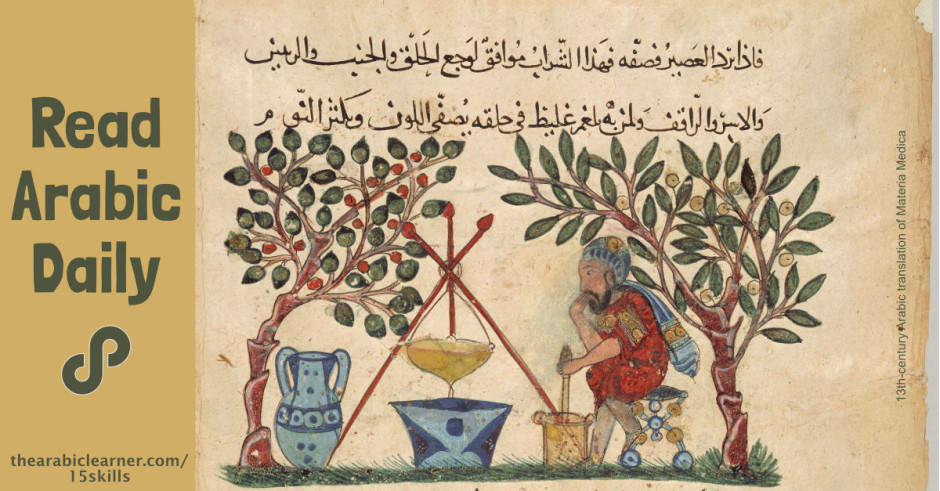
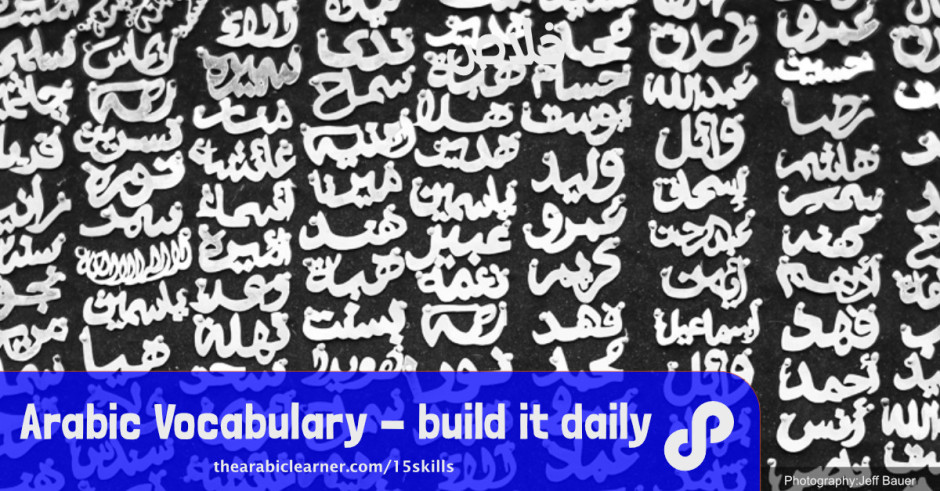
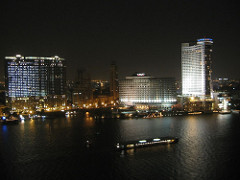
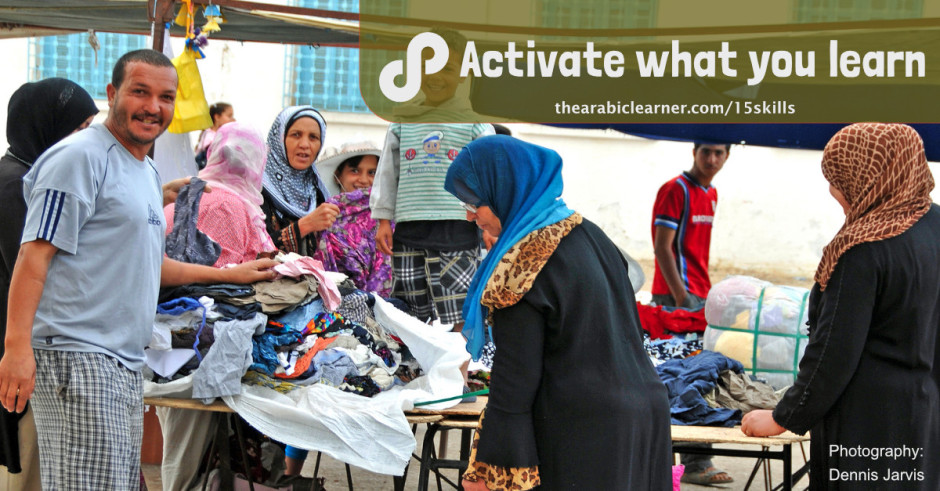
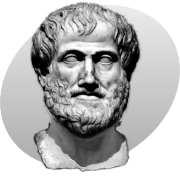 Aristotle said, about habits, “
Aristotle said, about habits, “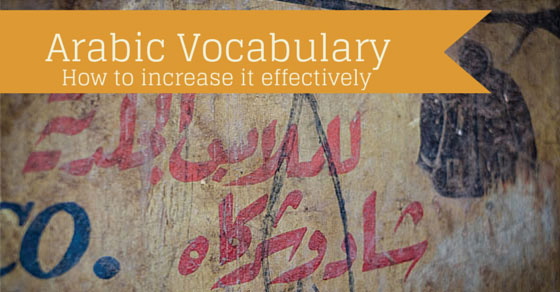



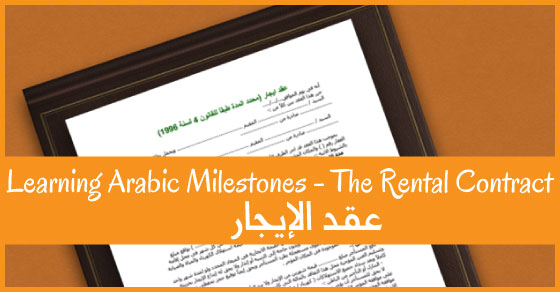


 RSS - Posts
RSS - Posts